Qld recycling partnership to turn shirts into shrubs across Australia
By Stuart Layt
November 30, 2022
A Queensland recycling partnership will see shirts and sheets transformed into shrubs and greenery at major infrastructure projects around Australia.
Textile waste start-up BlockTexx has partnered with environmental mitigation company Vital Chemical to use pure cellulose reclaimed from textiles in re-greening projects.
BlockTexx takes recycled clothes and other textile waste and produces both a raw plastic product and a cellulose product at its Logan facility, which was launched this year.
It already had some companies ready to use the plastic product, but Vital Chemical has now agreed to use its cellulose product, taken from the cotton and other organic components of the textiles.
Vital’s director and chief scientist, Letiscia Xavier, said the cellulose product is perfect for their “hydromulch”, which they use to add greenery back to major infrastructure projects.
“Hydromulch is where you mix wood pulp and other binding agents and nutrients with seed, usually grass and shrubs, which then get sprayed on the bare dirt to encourage regrowth,” she said.
“By adding this cellulose to it, it increases the carbon content, which both acts as a nutrient for the soil and helps to replace carbon into the soil instead of the atmosphere.”
Xavier said that in the past, other companies simply used shredded cotton waste to achieve the same effect, but that meant contaminants such as dyes were also being added to the local ecosphere.
Vital Chemical is involved with restoration work on projects across Queensland, including the recent Townsville Ring Road and the upgrade of the Bruce Highway through the Sunshine Coast. It is set to use BlockTexx’s cellulose in its hydromulch for projects at Sydney Airport and the Snowy Hydro 2.0 scheme.
Xavier said for a southeast Queensland-based company, partnering with BlockTexx made both business and sentimental sense.
“We’ve always been Queensland born and bred, this is my family business, and we love the fact that BlockTexx is also Queensland-based, and it’s so easy for us to work together in this space,” she said.
BlockTexx co-founder Adrian Jones said they were also pleased to be partnering with Vital Chemical for the same reasons.
He said after high-profile stories such as those about supermarket plastic bags being left in warehouses instead of being recycled, they wanted to show an example of a circular economy project that actually delivered.
“Getting hold of supply in the recycling space is relatively easy, but turning it into usable products at the other end is the real challenge,” Jones said.
“So having this multi-year agreement with Vital Chemical means we can provide that certainty and show what a genuine circular economy project looks like.”
Jones said he hoped the partnership could point the way for other projects in future.
“People always get excited about textile recycling, but it’s always at the micro level – converting 50 shirts into hessian bags, that sort of thing,” he said.
“We can make 1 tonne of cellulose an hour, which is the equivalent of 4000 shirts – that’s what we should be aiming for across the board.”
